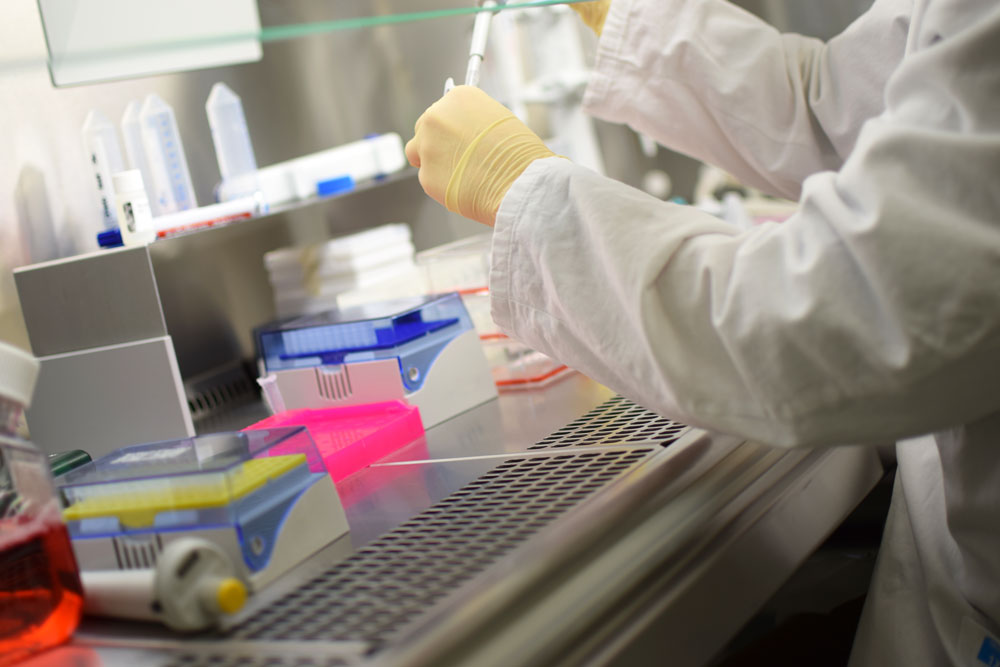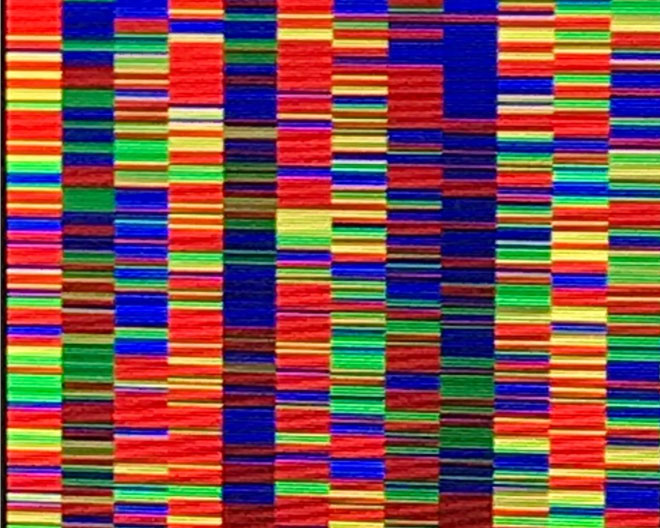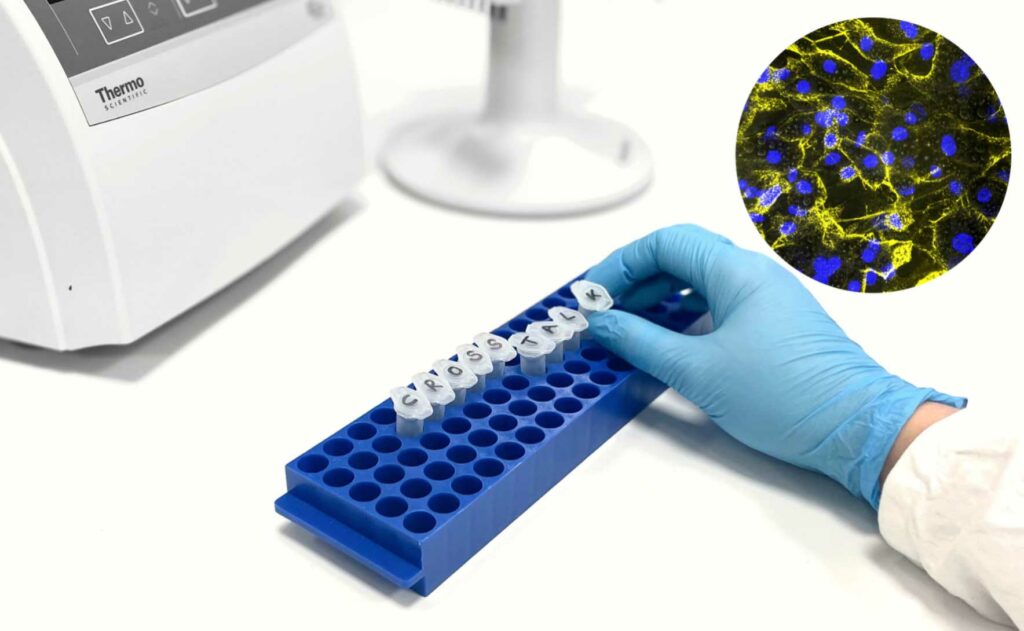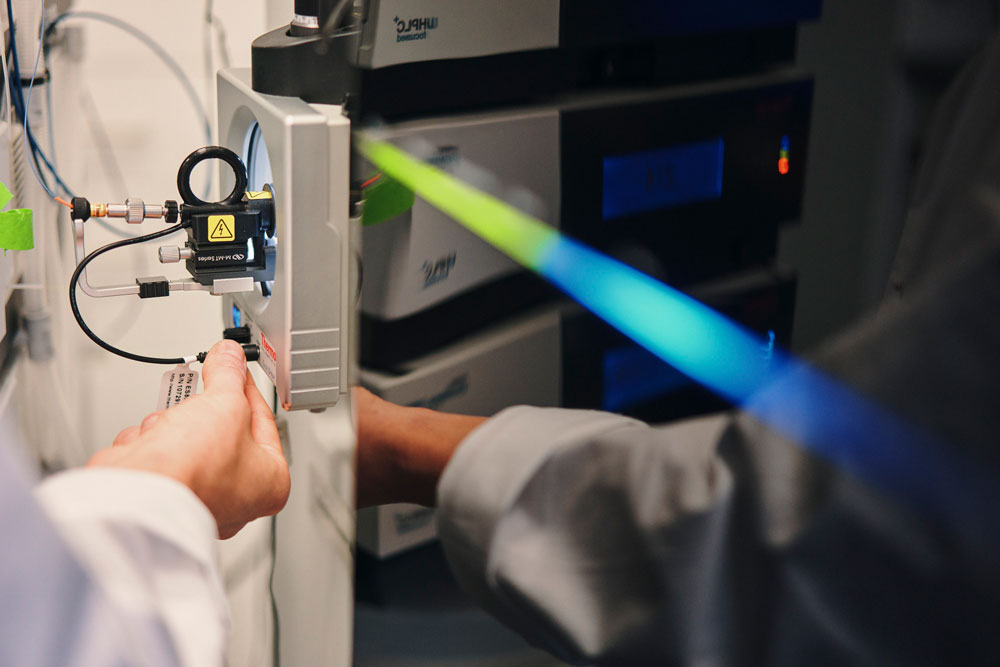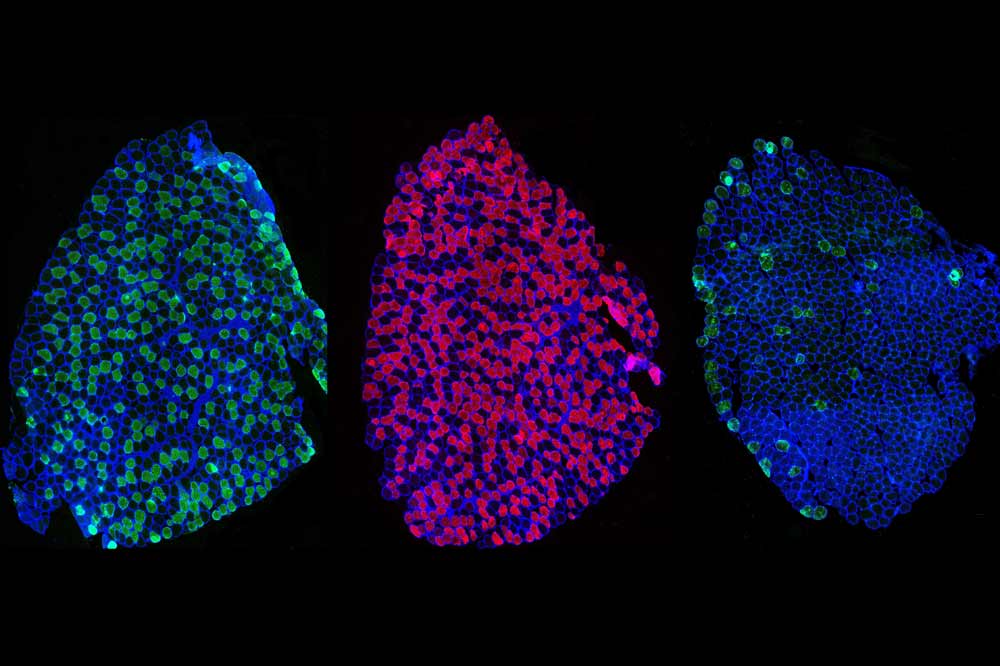The Institute for Clinical Biochemistry and Pathobiochemistry investigates the molecular basis of onset and progression of obesity, insulin resistance and type 2 diabetes. Our aim is to gain insights that may lead to improvements in prevention, prediction and therapy of diabetes.
Therefore, we pursue several research strategies:
- Experimental mouse genetics allows the identification of yet unknown risk genes for obesity and diabetes (positional cloning) and constitutes a powerful tool to investigate complex gene/gene and gene/environment interactions in obesity and diabetes
- Physiological studies focus on interactions between different organs and cell types (crosstalk) and their role in the development of insulin resistance and type 2 diabetes. A particular emphasis is on the interaction between adipose tissue and muscle
- Molecular and cell biology studies of cultured cells and tissues allow detailed investigation of relevant regulatory pathways and may provide functional evidence for an involvement of particular risk factors and their mechanism of action in the onset of obesity and diabetes
- High-throughput methods, such as mass spectroscopy-based proteome mapping, allow comprehensive investigation of complex regulatory networks and identification of novel predictive biomarkers for diabetes mellitus and secondary complications
Managing Directors
Univ.-Prof. Dr. rer. nat. Hadi Al-Hasani
Director
Institute for Clinical Biochemistry and Pathobiochemistry
+49 211 3382-241
Dr. rer. nat. Stefan Lehr
Deputy Director
Institute for Clinical Biochemistry and Pathobiochemistry
+49 211 3382-531
Nicole Krause
Administrative Assistance
Institute for Clinical Biochemistry and Pathobiochemistry
+49 211 3382-241
Teaching activities at Heinrich Heine University Düsseldorf
- Interdisciplinary Research Training Group 2576 “vivid - in vivo investigations towards the early development of type 2 diabetes”
http://www.vivid.hhu.de

- Masters Study Programme Molecular Biomedicine
http://www.molekularebiomedizin.hhu.de
Resources
- Interactive map of genetic loci for diabetes mellitus und obesity in mice
- Diabetes proteome database

